(This post dates originally from 2020 – rinsed and repeated for 2021 and 2022, but the good news is that I AM going there in May/June 2023!)
At last! I was going to Roma Nova for my holiday in June; from 8-23 June 2020 to be precise.
Okay, I confess, not exactly Roma Nova – after all, we all know it’s not real, don’t we? However, I planned a three-week trip to Slovenia and Austria, the geographical patterns for Roma Nova.
But Covid-19 intervened. I live in France and although lockdown eased on 11 May (Hooray!), we could not travel further than 100kms from home, i.e. to the airport in Paris, or across the French border until at least 15 June. Also, until we can all get vaccinated, it would be running an avoidable risk to me, my family and to everybody I would meet. (2023 update: now vaccinated, five times!)
So why did I want to go?
Virunum, one time capital of Roman Noricum was the home of Julia Bacausa, one of the founders of the dynasty which would go on to found Roma Nova.
Virunum was where the Roman tribune Apulius was posted in AD 370 after he refused to become Christian and thus turned his back on a glittering career. Virunum was where he met the fiery Julia.
Virunum was where the refugees from Rome first sheltered when they left Rome in 395 AD, pursued as pagans.
Virunum 1980’s archaeological dig sheltered one of Aurelia’s clandestine listening posts in RETALIO.
A visit there was essential. I had even arranged a private guided tour of the Virunum amphitheatre, not usually open to the general public.
Plus, there’s an archaeological park open to the public on the Magdelensberg, the hill above the site of Roman Virunum. This oppidum was widely believed to have been the administrative centre and residence of the pre-Roman Celtic royal family in Noricum, and as such provided a natural focus for Roman merchants from around 100 BC.
So you can imagine how hard it has been to cancel all this.
About the real Virunum and Noricum…
For a long time before Roman Virunum was founded, the Noricans had enjoyed independence under princes of their own and carried on commerce with the Romans since around 170 BC; Celtic Magdelensburg was an important centre of that trade. In 48 BC, the Noricans took the side of Julius Caesar in the civil war against Pompey. (Sound choice – always back the winner.) In 16 BC, having joined with the Pannonians in invading Histria, they were defeated by Publius Silius Nerva, proconsul of Illyricum. (Not such a good choice – the Romans always bit back.)
After that, Noricum was called a province, although it was not organised as such; it remained a kingdom with the title of regnum Noricum, yet under the control of an imperial procurator. In the reign of Emperor Claudius (AD 41–54) the Norican kingdom was incorporated into the Roman Empire, apparently without offering resistance. It was not until the reign of Antoninus Pius (AD 138-161) that the Second Legion, Pia (later renamed Italica), was stationed in Noricum and the commander of the legion became the governor of the province.
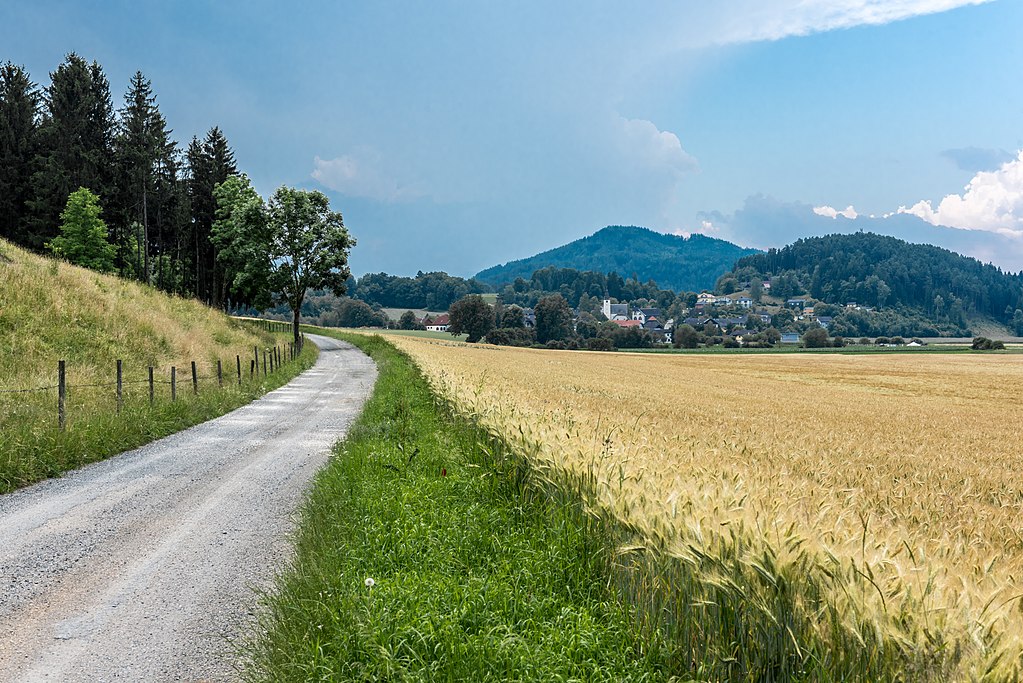
Photo:Johann Jaritz, Road to Toeltschach amidst rye fields at Virunum on Zollfeld (GNU Free Documentation License
Municipium Claudium Virunum was founded under Emperor Claudius as the capital of the province of Noricum succeeding the town upon the hilltop of Magdalensberg, perhaps also taking its name from that settlement. The new Roman foundation was situated on the main route from the Adriatic to the Danube, with a branch through south eastern Carinthia connecting Virunum with the Amber Road. Established on a flood-proof terrace on the edge of modern day Zollfeld, parts of the city stretched as far as Töltschach Hill in the east. The Roman colony developed on a south-facing terrace below the oppidum. The whole area became prosperous due to the famous Noricum steel made there.
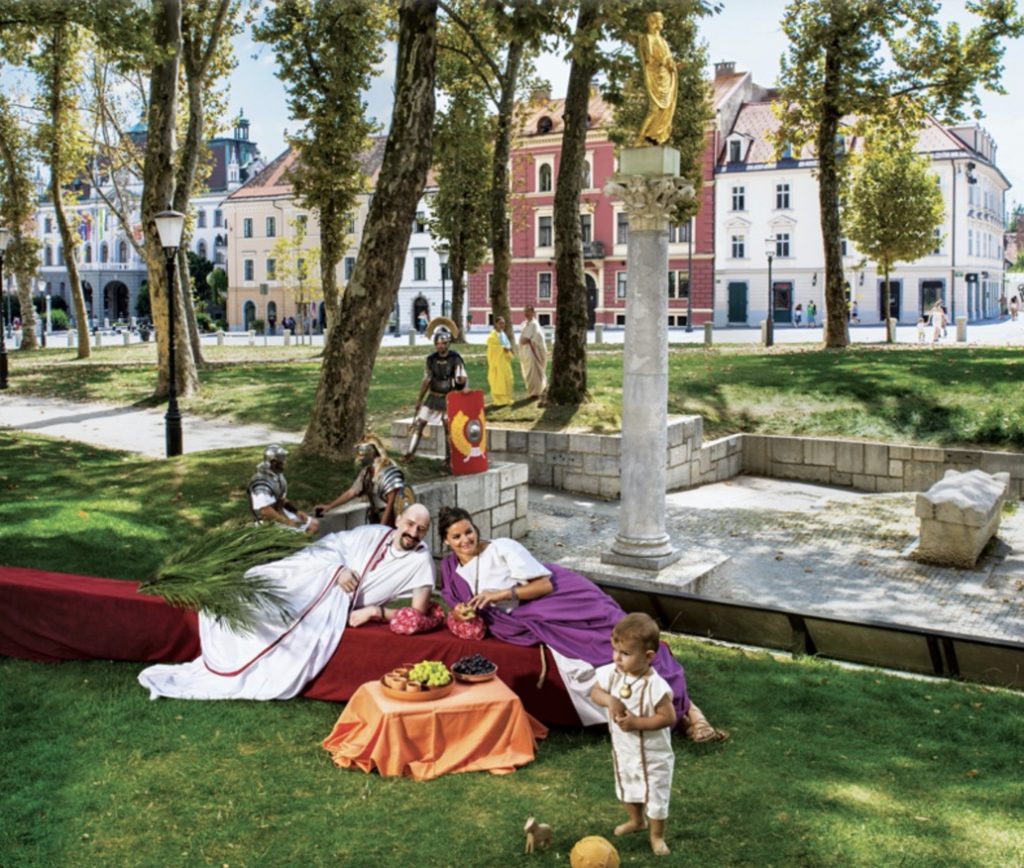 Slovenia – the geographical model for Roma Nova
Slovenia – the geographical model for Roma Nova
Further south, Emona, modern Ljubljana, or Colonia Iulia Aemona to be exact, was a Roman castrum, located in the area where the navigable Ljubljanica river came closest to Castle Hill. Part of Italia at first, later designated as in the province of Venetia et Histria, Emona served the trade between the city’s settlers – colonists from the northern part of Roman Italy – and the rest of the empire.
A bit like Rome itself, archaeology has been found every time somebody wants to start a construction project in the middle of modern Ljubljana. Numerous remains have been excavated, including parts of the Roman wall, residential houses, statues, tombstones, several mosaics, and parts of the early Christian baptistery, all of which I had wanted to visit.
Vienna – much featured in the Roma Nova thrillers
Vienna, Roman Vindobona, is a glorious city. But apart from royal palaces, pleasure parks, waltzing and chocolate cake, it has a great Roman museum and of course, Carnutum to the east, also on the target list. The Romans created a military camp (occupied by Legio X Gemina) during the 1st century on the site of the city centre of present-day Vienna. The settlement was raised to the status of a municipium in AD 212. The Romans stayed until the 5th century but the Great Migrations reduced the town to an insignificant settlement for some time. However, the streets of the First District show where the encampment placed its walls and moats, so something to see after all!
A dream journey?
In many ways, yes. Of course, I intended to visit the chocolate museum in Vienna – research purposes, naturally – and enjoy the beauties of Lake Bled and devour the famous Slovenian vanilla cake. But truthfully, aside from relishing the real, verifiable history of Noricum, I had to see the mountainous terrain and alpine valleys of the areas that had inspired the Roma Nova of my books. I wanted to breath the same air as the characters I had created which I reckoned I would find in Slovenia and Austria.
Thank you, Covid19. I’m not at all upset or bitter.
But on the good side, I know where I’m planning to go for my holiday next year. And I don’t have to do any research for the trip.
———
Update: sadly it didn’t happen in 2021 either. Fingers were crossed for 2022. Nope, that was a catch-up year for me and Austria wasn’t fully open. But it’s all booked for May/June 2023!)
Alison Morton is the author of Roma Nova thrillers – INCEPTIO, CARINA (novella), PERFIDITAS, SUCCESSIO, AURELIA, NEXUS (novella), INSURRECTIO and RETALIO, and ROMA NOVA EXTRA, a collection of short stories. Audiobooks are available for four of the series. Double Identity, a contemporary conspiracy, starts a new series of thrillers. JULIA PRIMA, a new Roma Nova story set in the late 4th century, is now out.
Download ‘Welcome to Alison Morton’s Thriller Worlds’, a FREE eBook, as a thank you gift when you sign up to Alison’s monthly email update. You’ll also be among the first to know about news and book progress before everybody else, and take part in giveaways.




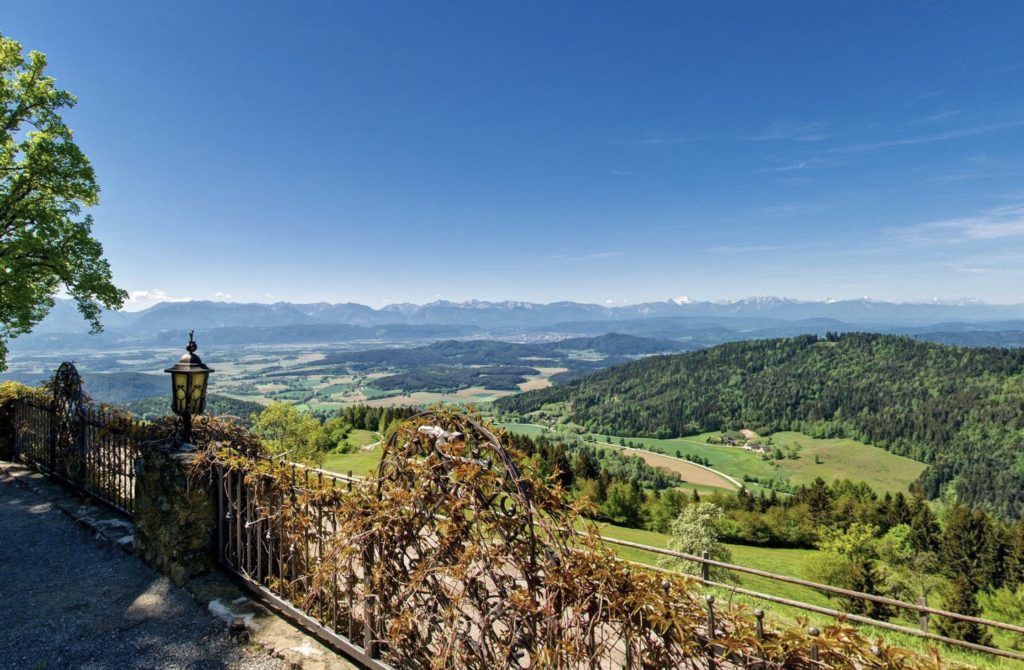

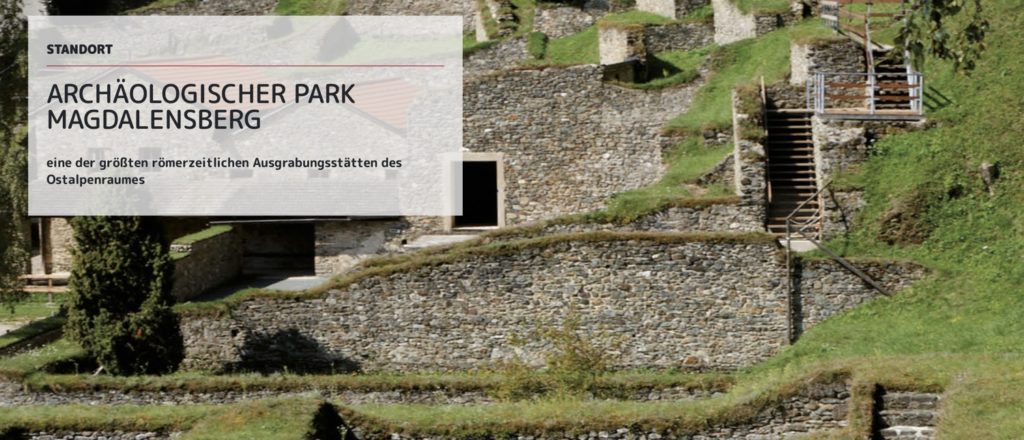
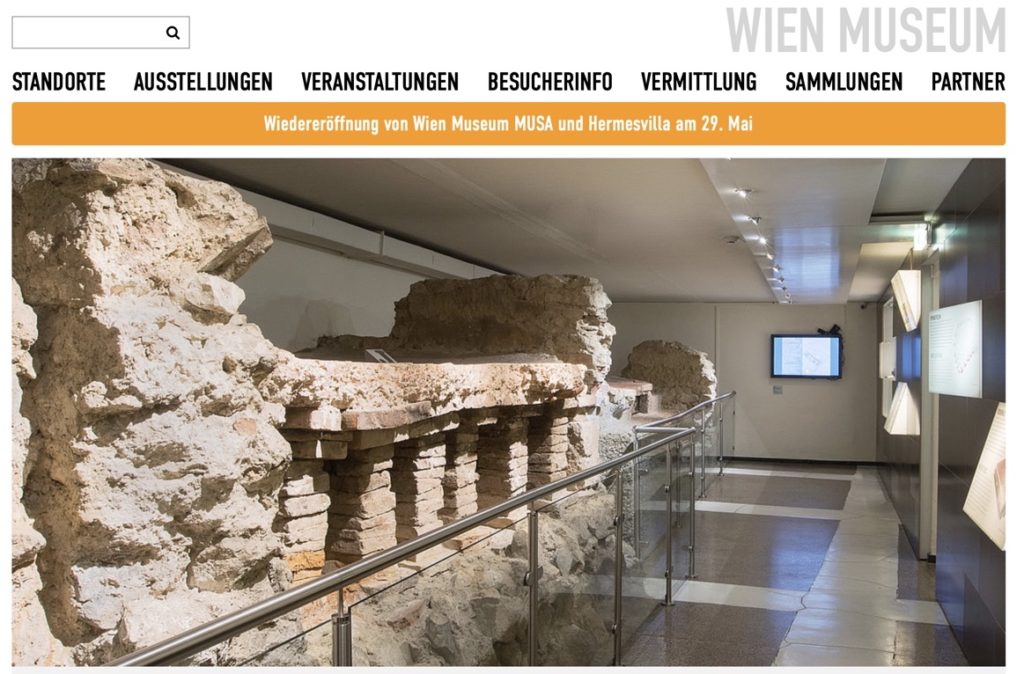









I’m sorry you had to cancel, Alison but pleased to see you are planning to make the trip next year. Those sound like fascinating places with a lot of history still visible – thanks for the history nuggets. France seems to be taking a more sensible and cautious approach to Covid-19 – unlike here in the US. Stay safe, sensible, and inspired.
Such an informative newletter/email! Very much worth my time opening & reading! I appreciate you sharing your research and pictures so freely with your readers, as it adds so much depth to your stories. Thank you for your extraordinary effort in behalf of your readers.
Thank you so much, JL; that really made my day! Research is such an enjoyable part of being a writer and I’m only deli to share it.